Noted: The below story discusses abuse.
Abuse can have wide-ranging effects and consequences.

These effects and others were discussed in a recent Reddit thread by those who have been there. In order to bring awareness to the varying ways someone may be impacted by abuse, we wanted to highlight their experiences — as well as provide further resources, which you can find at the bottom of this post.
1. "I used to be in an abusive relationship, and one thing I notice about myself is always needing reassurance that my partner is not mad at me. When being abused, you learn to read your abuser's moods. It has made me become increasingly over-analytical about everyone’s moods."
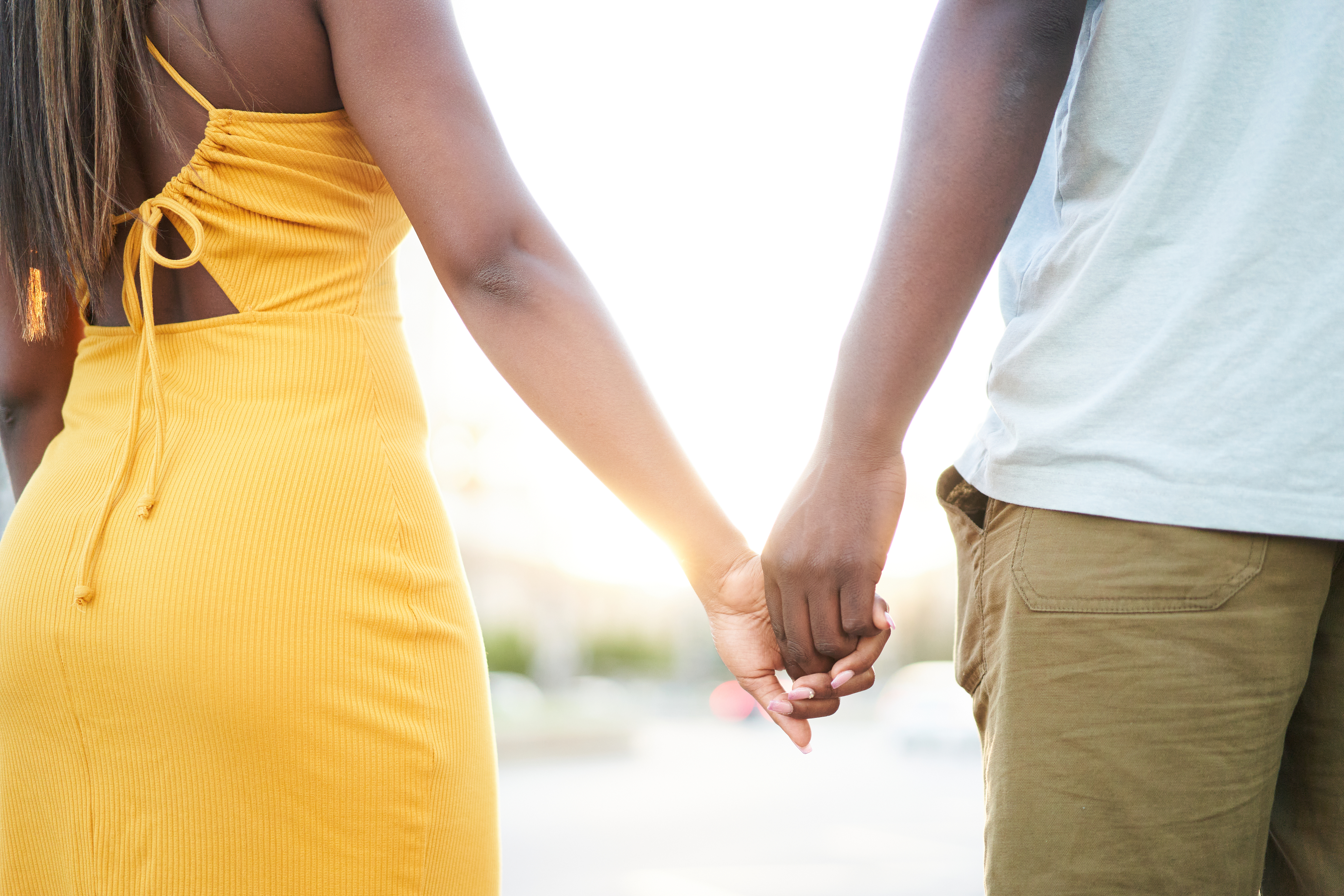
2. "If they shut down when their partner gets angry. I'm talking normal-level anger, not unhealthy anger. They're so used to being yelled at, belittled, or in trouble that even small arguments will put them into survival mode. They're constantly apologizing or assuming they have done something wrong. They have trouble making decisions for fear of making the wrong one. And have a startled reflex. If your partner jumps at noises a lot, that's a definite sign."
"It’s taken me years to overcome reacting to a slammed door or my partner coming into the room quickly. From a previous relationship, this was how I knew something bad was about to happen. I can feel my fight-or-flight response activate. It’s still there, but I’ve managed to calm down the physical reaction I had to it."
3. "Flinch away from hugs, cry when shown minimum kindness, never sleep while you're awake, can quote what you said days ago word for word."

4. "Difficulty in voicing their opinion or viewpoint (although there can be other sources)."
"It also gives you 'plausible deniability' if you're not the one choosing.
Example: I chose a restaurant for us to go to. If something goes wrong (i.e. water spills, waitstaff sucks, food takes too long), it's my fault by proxy, because my choice caused us to be in that position in the first place. If you choose, then I can't be blamed. Plausible deniability. Never choosing makes that person feel 'safe.'"
5. "There are many forms of abuse, and financial abuse is usually one of the many forms abusers use to control. In my case, my abuser began by asking for money and saying he would pay it back, then gradually began to take over control of all of my accounts, saying it would just be easier for him to handle the finances since we were in his home country, and I didn't have much of a grasp of the language yet. Eventually, all paychecks were directly deposited to accounts under his control. If he found out I got cash from something, he would threaten me with harm if I didn't give it to him. He refused to let me buy a plane ticket home to see my family."

6. "As the person from the abusive relationship, I can embarrassingly say, becoming the abuser. Not physical in any way and never intentional, but I say mean things. They just come out. I bring up everything he's ever done wrong, and I just cannot communicate properly. I hate it and am trying everything to fix it. I'm reading books, watching videos, reading pamphlets, watching TED talks, and going to counseling. Things get better for a while, but then I slide back into my brooding isolation."
7. "Over-explaining in great detail. He'd call me a liar, and the gaslighting from him (as I now know it to be) was horrific. I would try to include every detail I could remember to prove I wasn't lying — eg: If I was at a friend's house, he'd say I was probably there with other men, and we'd all be having sex, so I'd describe the entire evening down to what people were wearing and where they sat and at what time they had a drink or snack or whatever — irrelevant stuff, but stuff I thought would prove I'm not a liar. It's something I still do 20 years later."
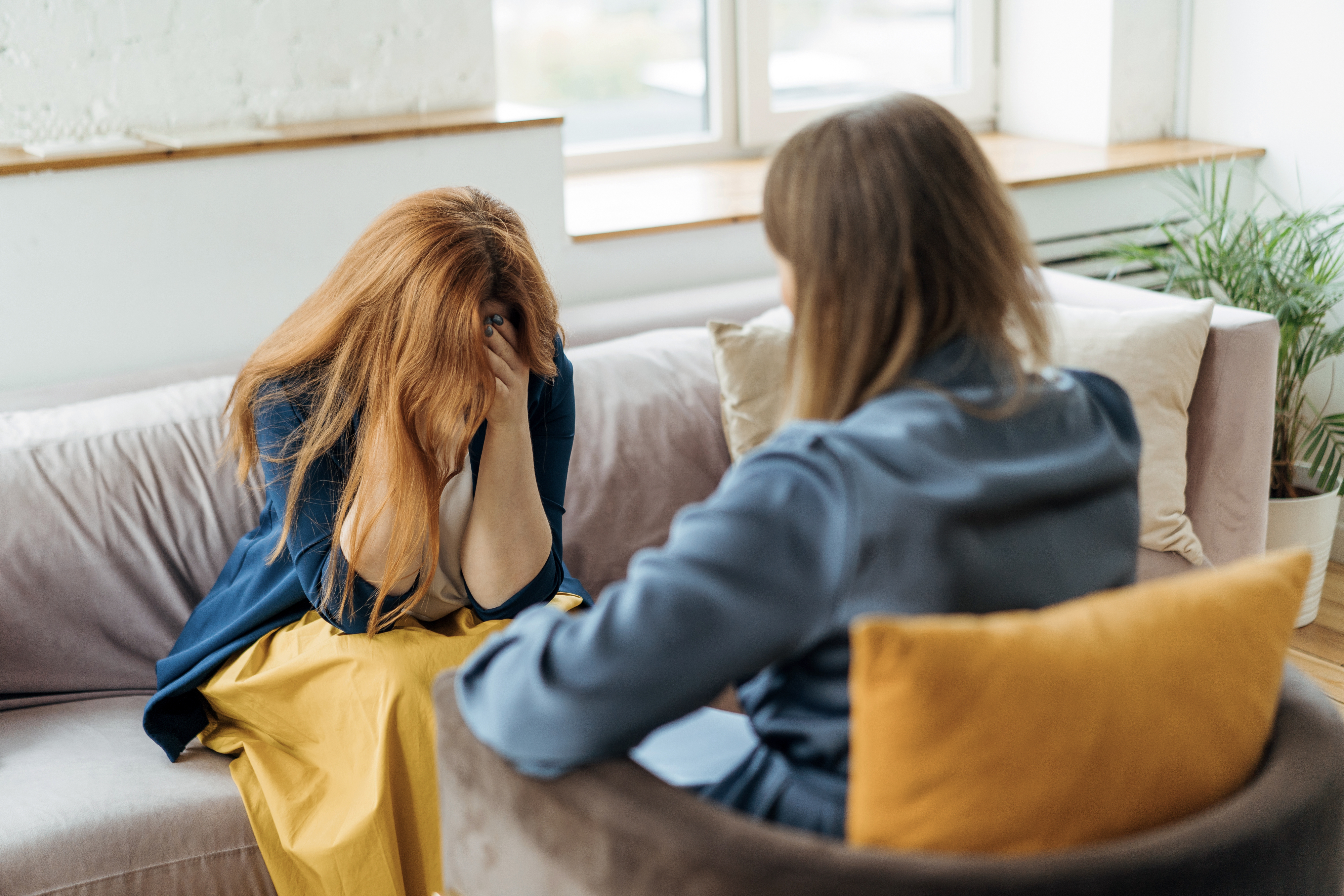
8. "I find that instead of having no boundaries like before, I'm way too rigid with my boundaries now. I get withdrawn, too."
"I struggle with this, too. It’s all about widening the pause/window between trigger and reaction. It’s HARD. I’ve been working on this for years and have made some good strides, but taking that pause sometimes seems impossible, especially in moments of perceived abandonment."
9. "They don’t ask for help with anything. Ever."

10. "Instead of asking my man when he is visibly annoyed, I stay quiet. I'm guessing it has to do with not wanting to give him a reason to direct his annoyance/anger toward me. Even though he wouldn't."
11. "Always trying to figure out the hidden meaning of normal direct conversations."
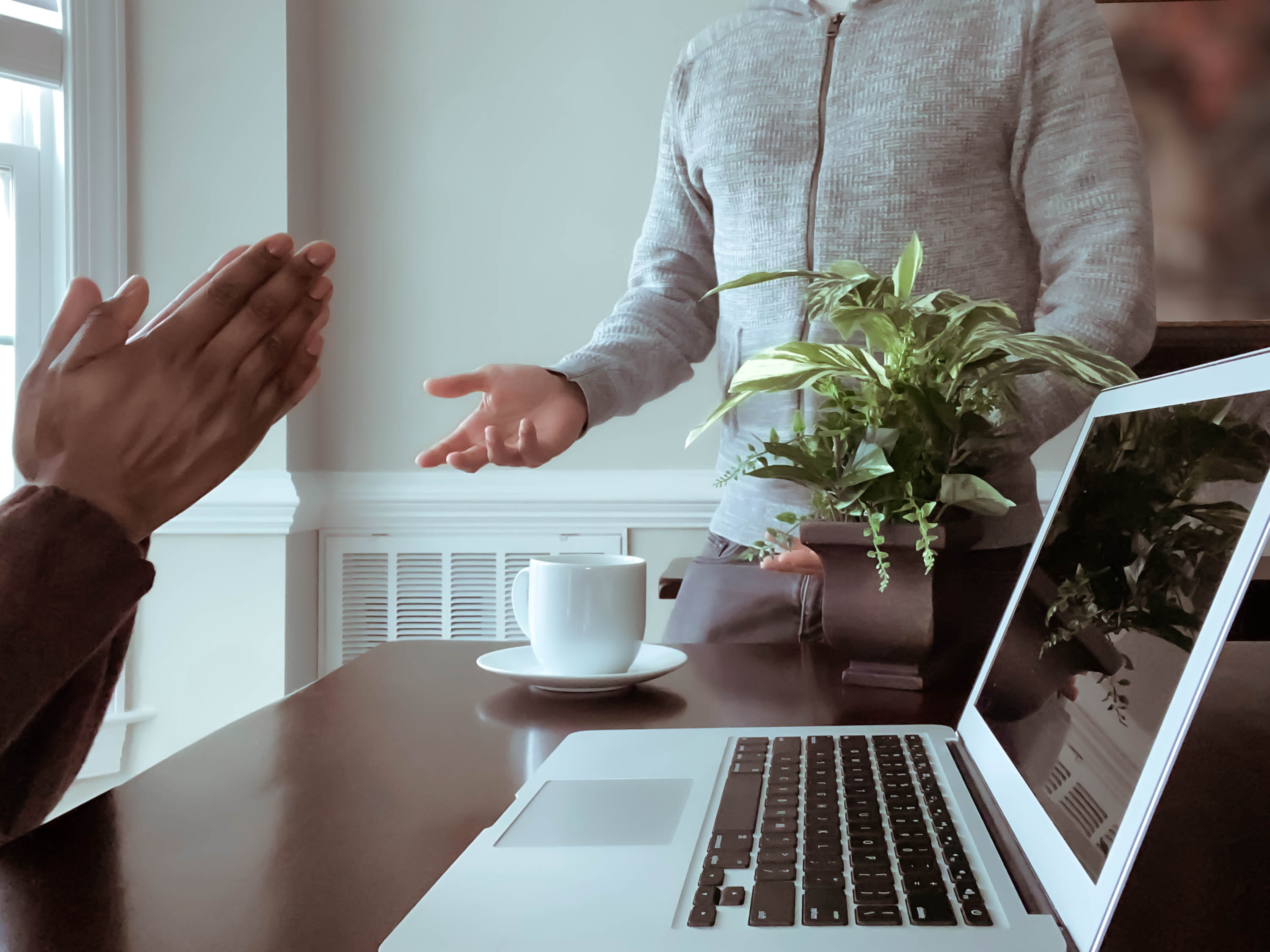
12. "Fawning is a solid clue."
"Fawning is one of the four F's of trauma response, and the most problematic and misunderstood in a lot of ways: fight, flight, freeze, fawn.
The first three are relatively self-explanatory but fawning typically results from chronic severe childhood abuse. Basically, at the hint of any kind of triggering/abusive situation, the person becomes totally compliant in a submissive manner intended to prevent them from accidentally antagonizing the abuser in any way, in order to minimize the amount of harm they are about to receive.
From the outside, this can look like compliance, consent, or even enthusiasm on the victim's part, but inside, the person is NOT okay with the situation. It's by far the most shitty trauma response to sort out and deal with as it's the one most prone to a lifetime of being taken advantage of and a constant misunderstanding of boundaries."
13. "Clothes. I was not allowed to wear leggings, tight skinny jeans, or crop tops/baby tops. So I’m finally just, after nine years away from this person, figuring out my own style."
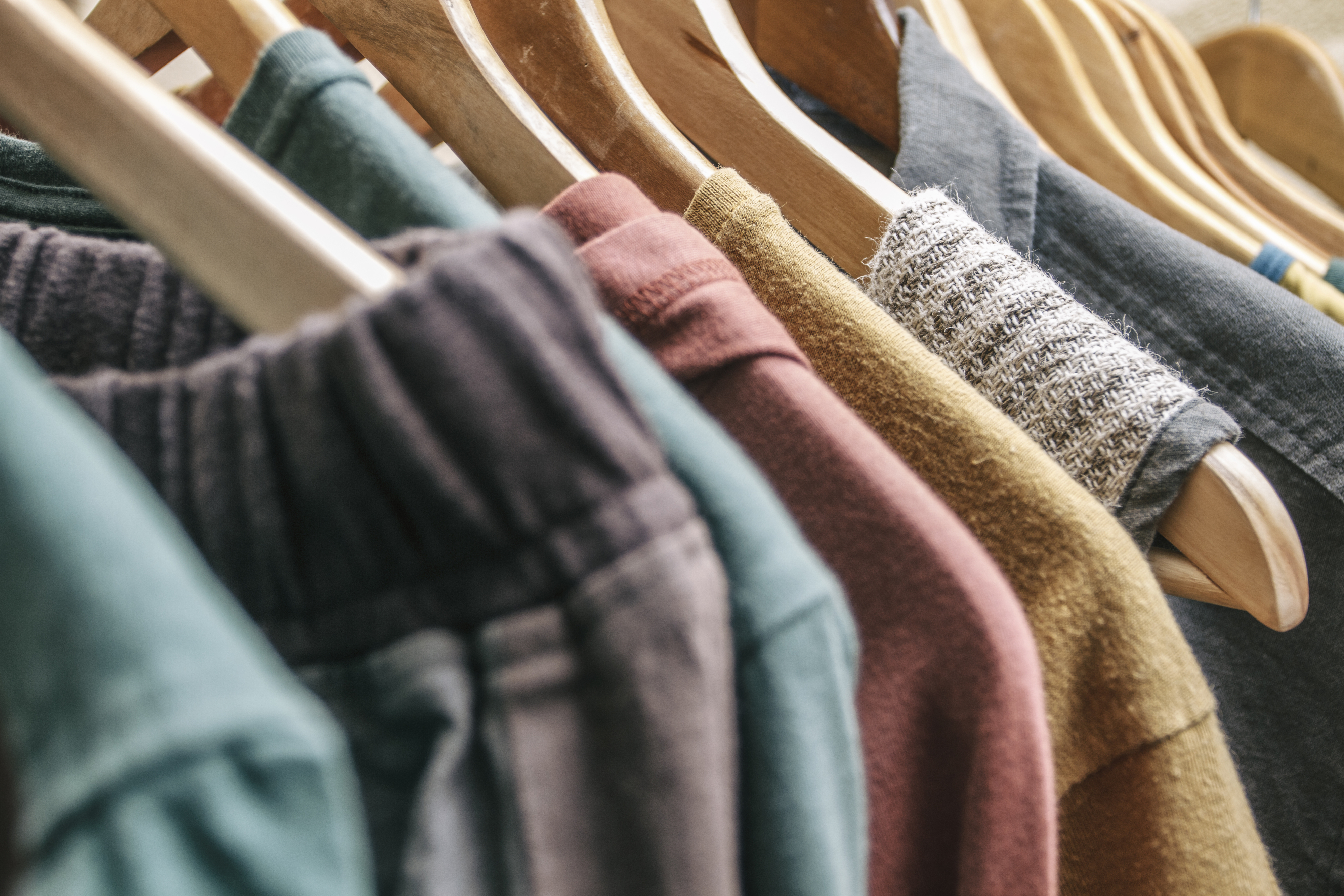
14. "Something that’s been really hard is intimacy. My last boyfriend was only nice immediately after sex. So if my current fiancé and I go more than a few days without any amount of intimacy, I notice myself sort of withdrawing emotionally and waiting for whatever fight/anger is coming."
15. "Dissociation when overwhelmed, not feeling comfortable at home, strained relationships with family and friends, or breakdowns when things are out of place (could be OCD as well)."

16. "Waiting for your opinion before voicing their own. Unwarranted bouts of aggression at themselves or sometimes others."
17. "Extremely reluctant to share bad news, especially if it will inconvenience the partner. I've been out of an abusive relationship for 20 years, but I had a panic attack before telling my absolutely mellow and loving husband that I'd need to borrow some money."
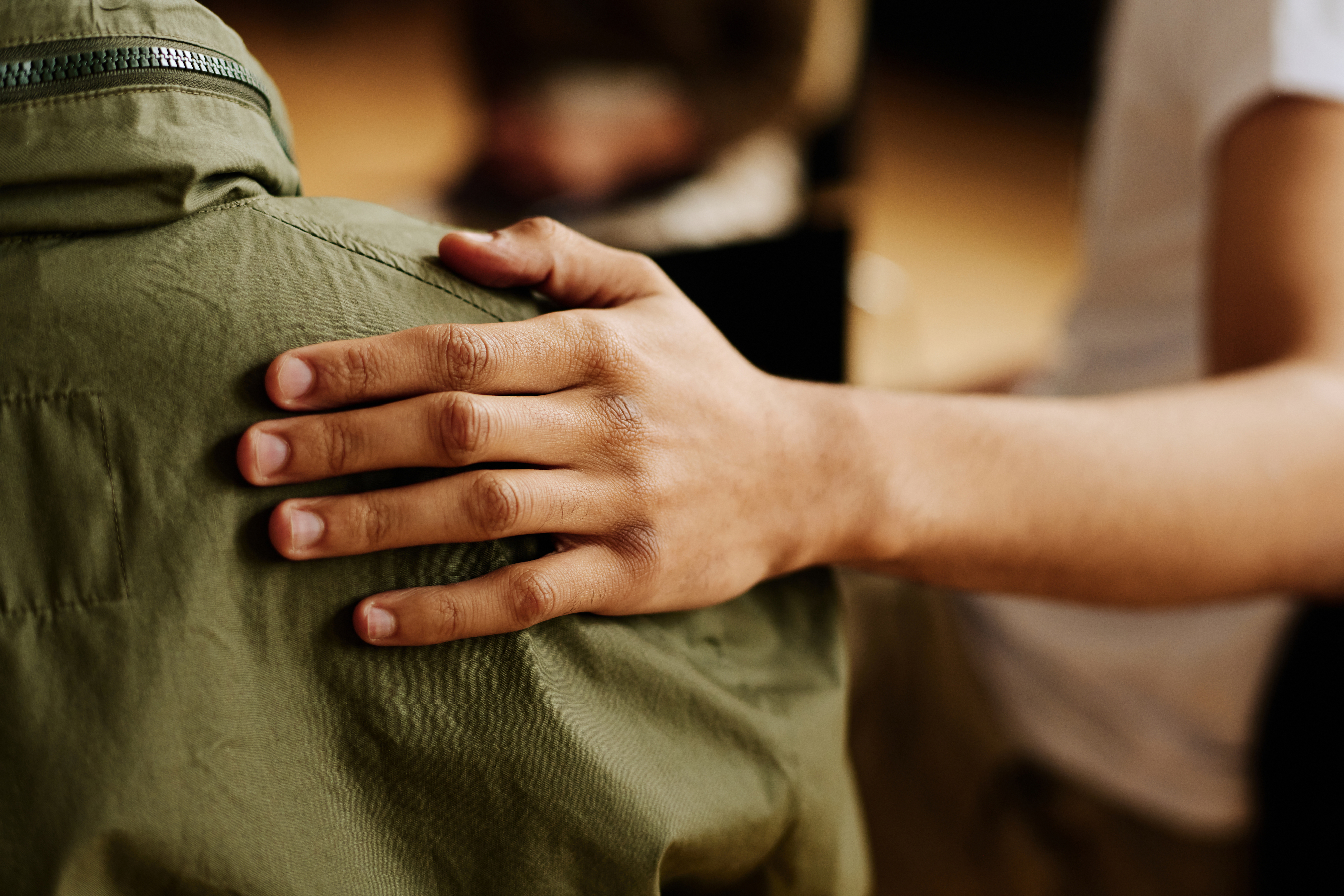
The National Alliance on Mental Illness helpline is 1-888-950-6264 (NAMI) and provides information and referral services; GoodTherapy.org is an association of mental health professionals from more than 25 countries who support efforts to reduce harm in therapy.
If you or someone you know has experienced sexual assault, you can call the National Sexual Assault Hotline at 1-800-656-HOPE (4673), which routes the caller to their nearest sexual assault service provider. You can also search for your local center here.
If you or someone you know is in immediate danger as a result of domestic violence, call 911. For anonymous, confidential help, you can call the 24/7 National Domestic Violence Hotline at 1-800-799-7233 (SAFE) or chat with an advocate via the website.
